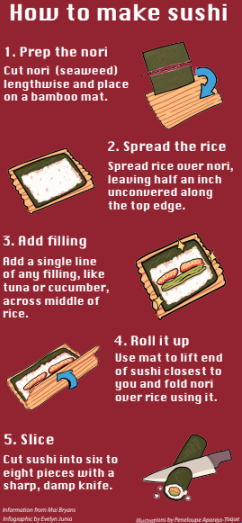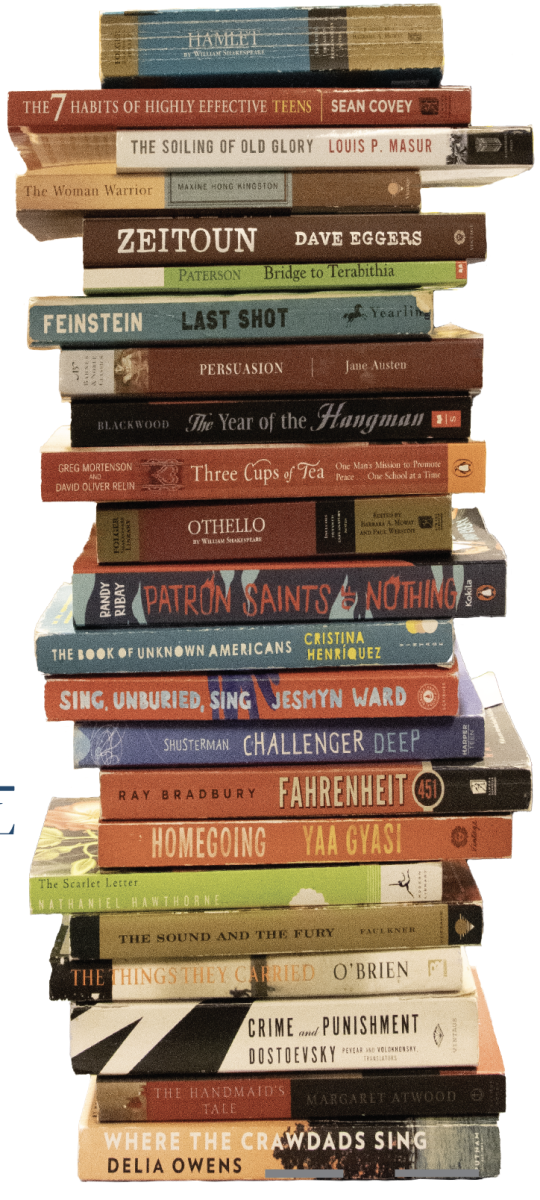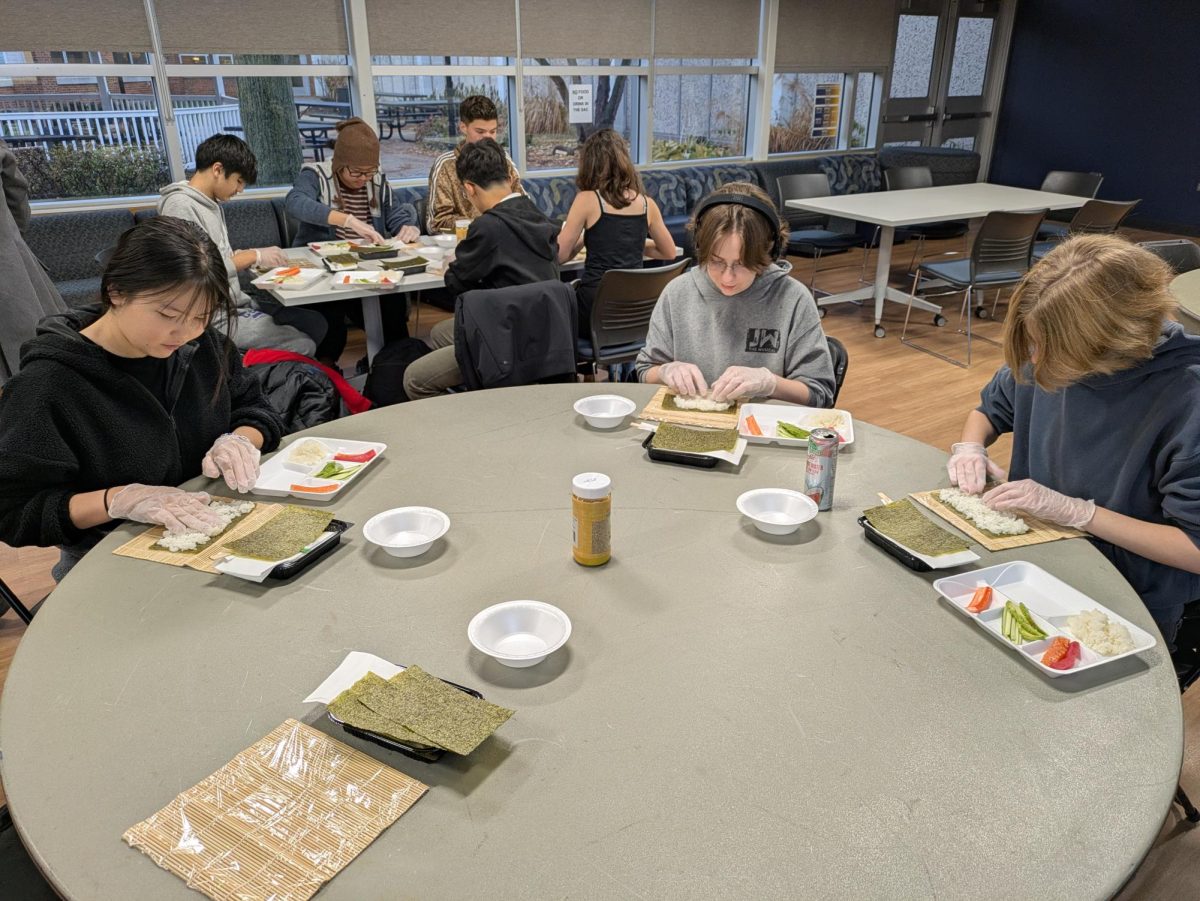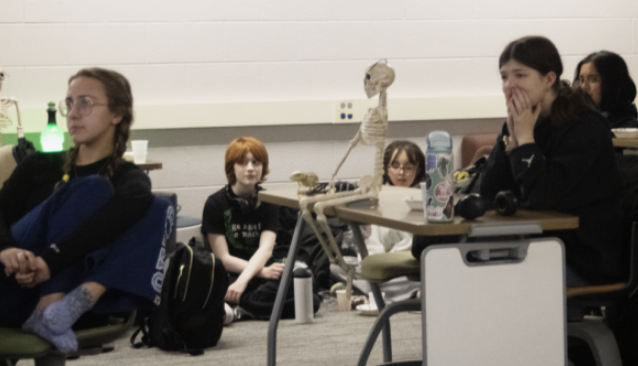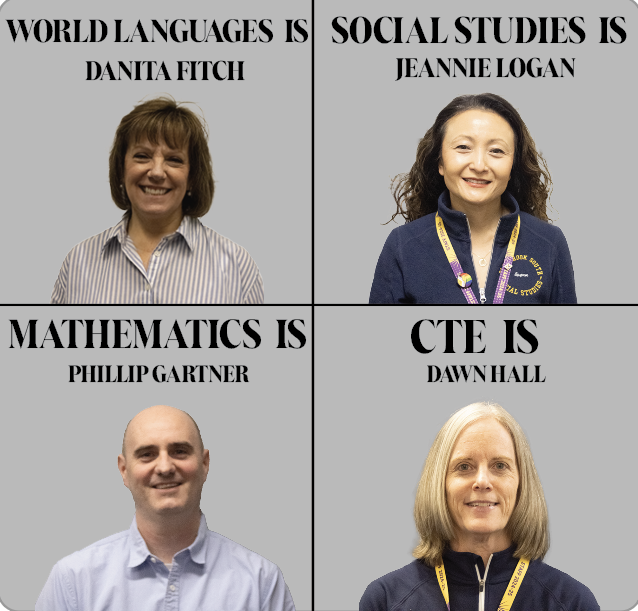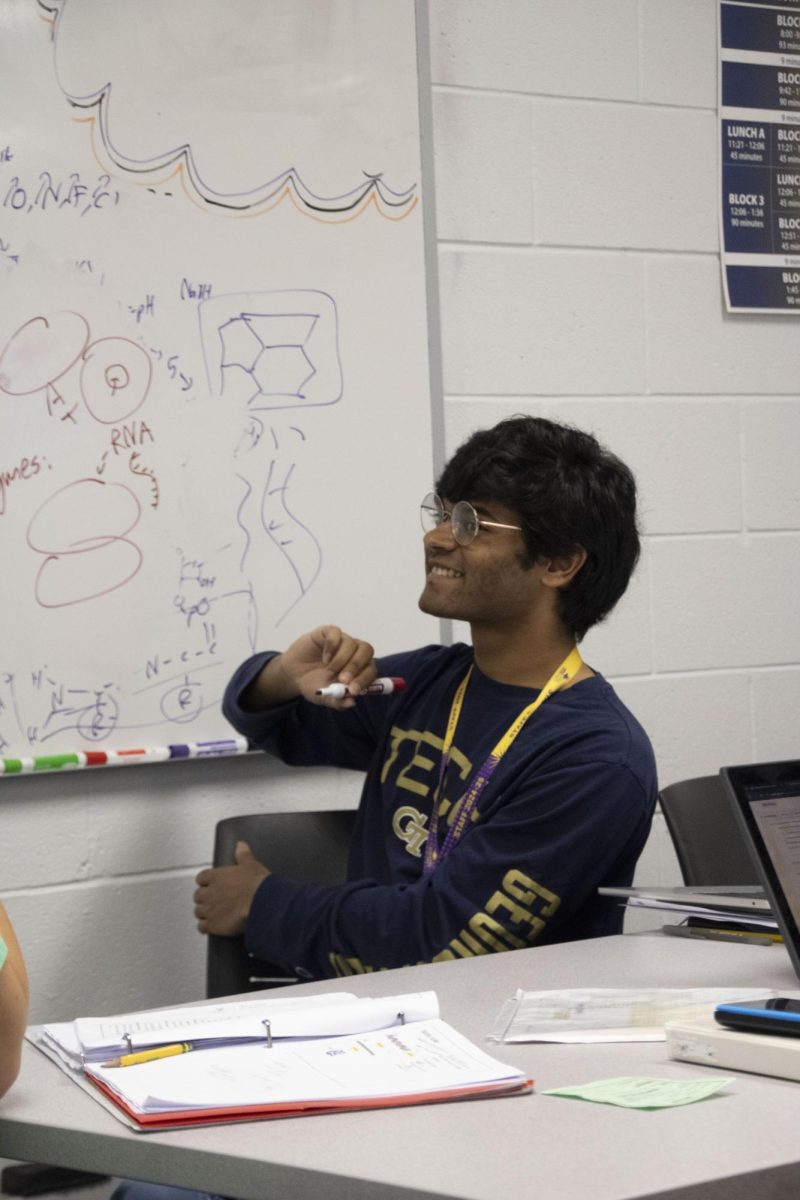Many students in America forget what it really means to say, “God bless America,” and take the treasures of freedom, especially regarding religion, for granted. Custodian Sahar Barkho appreciates what America’s political system has to offer because such freedom was scarce in her native country.
Barkho began working at South in 2007 and works to keep the facilities tidy, particularly the nurse’s office and restrooms.
According to Barkho, the Revolution in Iraq, her grandparents’ home country, started in 1933. Islamic people came and forced Christians out of Iraq, threatening to kill some and murdering others, says Barkho.
“Christians fled and scattered to Iran, Syria and Turkey,” Barkho said. “We are spread, and we have no country.”
Assyrian people and Syria are often confused, Barkho explains, but she considers herself Assyrian.
“Syria is a country which belongs to Islam,” she said. “Eighty percent of Syria is Islam and twenty percent is Christian.”
In 1995, when she was 15 years old, Barkho’s family decided it was necessary to move from Syria to the United States.
“We came to the United States because it is a better country [with] more education and nicer people,” she said. “To be honest, we feel like this is our home.”
Although Barkho and her family were happy to gain freedom, they lost the comfort of their close-knit community when they moved to the United States.
“We had to leave [many] of my family and friends that I’ve known my entire life,” she said.
The pain from leaving her loved ones back at home was equally as difficult as the language barrier she encountered when she moved to Chicago.
“In Syria, I spoke Assyrian at home [and] Arabic at school, which is the primary language in the Middle East […],” Barkho said. “When I moved to the U.S, one of my first memories was when the neighbors came to our door and brought us cookies and welcomed us, and we just stood there looking at each other, my mom and my sisters all thinking, ‘What is she saying?’”
According to Barkho, the war in Syria continues today, and although she lives in the United States, she still connects to the tragedies that are happening in Syria.
“This war is about revolution, it’s about religion,” Barkho said. “It is so sad. We are losing family every day, every day.”
According to Barkho, being a Christian in Syria means risking one’s life for one’s faith.
“We have to hide our crosses,” Barkho said. “We are not allowed to go to church because we are afraid we are going to get bombed. In the past two to three months, we have lost our sixth church because of the terrorism in Syria.”
Barkho does not believe she or her family would have been able to survive the horror in Syria without God’s strength.
“Believe me, no one is strong,” she said. “When you have a war, you think your own family is strong, but it’s really just God providing for us.”
According to Barkho, she feels privileged to be living in the U.S and is very proud of raising her kids here. She has two children: David, who is turning 11, and Daniela, who is turning six.
“In the Middle East, I was taught by my family that the three most important rules were [to] respect your home, school and church,” Barkho said. “Even though my children were born in the United States, I teach them every day who to respect.”
Barkho believes that respecting others and loving them from the heart is the most important habit a person should have.
“I believe that no matter who you are, if you are Islamic, Christian, Middle Eastern, American, and even if I do not know you, I still have to respect you,” Barkho said.
Barkho is honored to be a part of the South community; however, she will never forget her Assyrian roots.
“Glenbrook South is a beautiful school, with beautiful teachers, in a smart country, and I am proud of that,” Barkho said.




